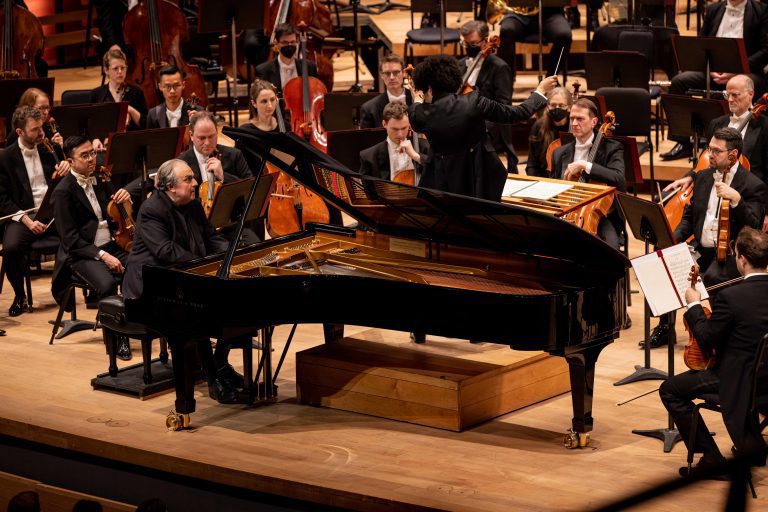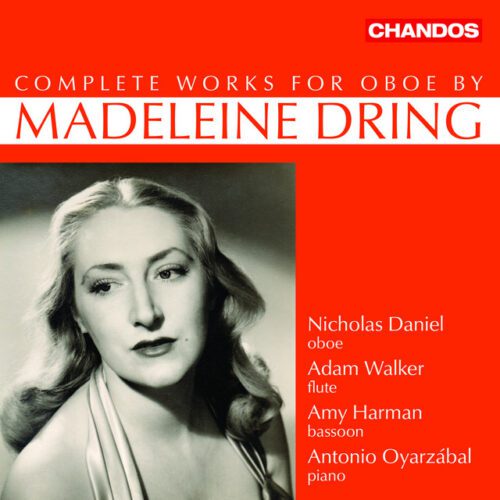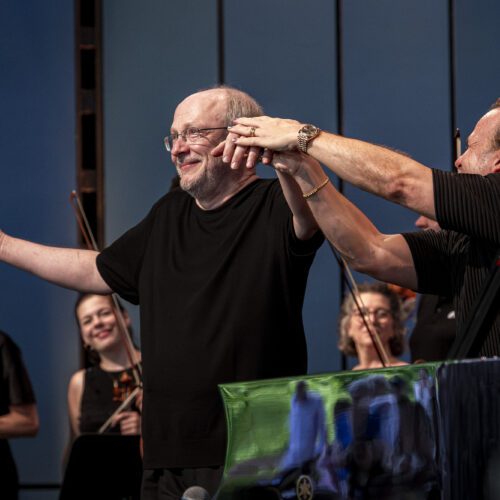Since the beginning of my professional career, I have nurtured this value of extreme eclecticism. Why do I do this? To experience music for a lifetime, not so that the flame never goes out until the last day. And to avoid feeding the nostalgia of aging fans who ignorantly claim that it was much better in the 70’s and other such nonsense – we’ve just seen it with the 50th anniversary of “The Dark Side of the Moon” album, right?
And that’s exactly why I founded PAN M 360, which has been progressing slowly and surely since it went online three years ago.
Almost half a century later, I still have this deep conviction that this value must be nourished every day, that this nourishment perpetuates our passion and our open-mindedness. Of course, I don’t make it an absolute value: we must respect the music lovers who choose one or a few areas of musical exploration without venturing elsewhere. We do not all have the same thirst for music, but I believe that it is still possible today to value an authentic overview of world sound creation, from its most complex concepts to its most naive.
Let’s take Thursday night as an example.
The Maison symphonique was sold out, and music lovers that attend this program had no idea, with a few exceptions, that MTELUS was also packed with Godspeed You! Black Emperor. And it was much the same in the other venue with the MSO’s repertoire. My young colleague Stephan Boissonneault, who had covered the group the day before, was experiencing his first immersion with the MSO with me, and I am delighted that he sincerely appreciated this brilliant performance.
Since his arrival in MTL, we knew from the start that Maestro Rafael Payare’s direction would be very different from that of his predecessor (Kent Nagano). But on Thursday night, the day after a New York triumph at Carnegie Hall (widely reported by the traditional press), we observed that the Venezuelan conductor had reached cruising speed with an OSM reinvigorated by this new relationship.
Thus, Gustav Mahler’s very demanding and athletic Symphony No. 5 showed a very fine balance of forces, a balance different from what we had heard before from Nagano, even though he is a (different) master of the Mahlerian repertoire. The brass and woodwinds are more muscular under the Venezuelan maestro’s direction, the strings are also more incisive in the ensemble, the percussion more intense than ever. This balance between power, brilliance and subtlety is already a fundamental trait in the Payare style.
Even the contemporary work by Dorothy Chang, a Chinese-American composer now living in Vancouver (and a professor at UBC), seemed to have more depth than one might have expected, given the somewhat generic nature of the ten-minute work played at the beginning of the program.
This was also evident in the performance of Belà Bartok’s Concerto No. 2 for Piano and Orchestra, composed in 1930, three decades after Mahler’s Fifth Symphony. With Bartok, we are already in the midst of modernity, and the arrangements bear witness to new harmonic constructions that are now part of the music lover’s imagination. Obviously, a soloist of the calibre of the Israeli American Yefim Bronfman was needed, a performer of very high level to give an account of the Bartokian discourse, as much in the percussive sequences, sometimes downright violent, at the keyboard or in the chromatic ascents and descents executed at breakneck speed, as in the slow and introspective sequences requiring a silky and circumspect phrasing.
This alternation of extremes is typical of modernity in Eastern Europe a century earlier. The orchestral parts of this concerto require the total involvement of the brass and percussion, and the MSO’s dialogue with the soloist is more than intense. In this context, Rafael Payare was the right man to bind it all together. On Thursday, we saw his bill come through for good, well beyond the honeymoon experienced with Montreal music lovers since his arrival in the middle of the pandemic.
At the end of this successful experience, my colleague and I headed to the MTELUS where Godspeed You! Black Emperor, was playing for a second consecutive night. Stephan Boissonneault had been so struck by what he had heard the night before (read his review!) that he wanted to go again. For me, it was my umpteenth from GY!BE, which I’ve been following since its foundation in the mid-90s.
Montreal’s Post Rock jewel for more than a quarter of a century, the band could have become a prisoner of its original bill, which is fortunately not the case. Before this 7-year hiatus in the 2000s and even at the turn of the next decade, GY!BE built its music in the manner of an arc, a sinusoidal curve where the paroxysmal intensity was in the middle of the work. For a few years now, things have been done differently. We can see it, especially with “G_d’s Pee at State’s End! “the band’s seventh studio album released two years ago, and we experienced it on Thursday night.
First and foremost, the strength of GY!BE is the result of a collective, no instrumentalist shows great virtuosity in articulation or speed of execution, some musicians of the group can nevertheless count on an academic formation of quite good level. But everything happens elsewhere than in technical excellence in the classical sense, that is to say essentially in textural expertise through saturation and extreme amplification, and in the quest for a coherent and inspired global sound. However, there is even more now: in addition to the proverbial Godspeed sound, there are now fragments of Celtic, Baroque, or even Oriental traditions, and the dramatic framework is now based on a sequence of distinct works rather than a single massive one.
This is another illustration of the compositional intelligence of Efrim Menuck and his bandmates, all of which is linked with a solid dissident point of view, a critical and radical posture towards the power in place, all of which is supported by a surge of cinematographic projections of demonstrations violently repressed by the forces of order.
One comes out of such a performance refreshed and one thinks that the OSM, Mahler, Bartok, Chang and Godspeed You! Black Emperor can go together. It’s up to us to make the connections. And that’s exactly why PAN M 360 exists. And long live extreme eclecticism.
























